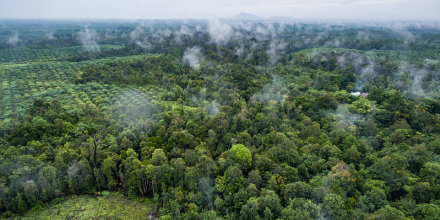Some reflections on Indonesia and the resource curse

Event details
ACDE Seminar
Date & time
Venue
Speaker
Contacts
Hybrid event Zoom link on registration.
Natural resources – blessing or curse? Indonesia provides an excellent case study for an examination of these issues. It is a major commodity exporter; the fourth most populous country in the world; and the world’s largest archipelagic state with huge mineral, forest and maritime resources. Indonesia also has three distinctive features that are particularly relevant for such a study. First, with the exception of the Asian financial and pandemic crises it has had at least moderately strong economic performance for the past half century. This distinguishes it from the majority of resource-rich developing countries, and therefore there are lessons to be learnt from its management of these boom and bust episodes, particularly the latter. Second, Indonesia has experienced two rather different resource booms: the first based mainly on oil and gas in the 1970s and the second based primarily on coal, palm oil and gas over the decade 2005-14. The economic, social and environmental impacts of these two booms have differed significantly. Third, the country experienced major regime change in 1998-99, from the centralized, authoritarian Soeharto regime 1966-98, which presided over the first boom, to the subsequent democratic, decentralized regime during the second boom. The very different political and institutional arrangements had important implications for the management of the boom and its distributional impacts. We examine these issues in comparative context, employing as reference points two very large natural resource exporters, Brazil and Nigeria, and Malaysia, a smaller, more dynamic East Asian comparator.
Updated: 22 May 2024/Responsible Officer: Crawford Engagement/Page Contact: CAP Web Team






